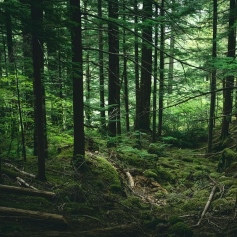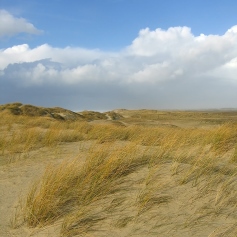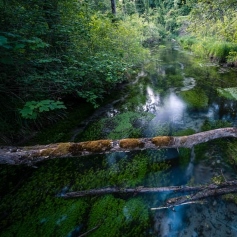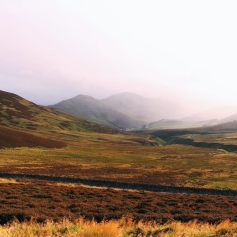
Ecosystem restoration
The current speed of habitat and species loss caused by human development means the restoration of degraded ecosystems is one of the greatest challenges facing humankind.
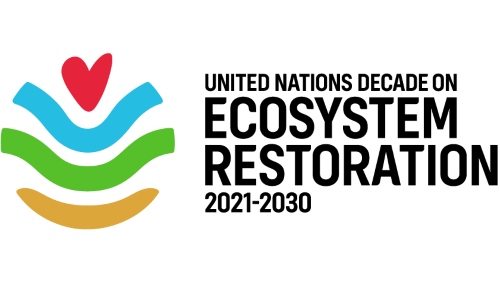
2021 sees the start of the UN Decade on Ecosystem Restoration, a worldwide initiative to bring focus to ecosystem restoration and resilience. Our interdisciplinary science enables us to develop new approaches to create resilient ecosystems and restore degraded ecosystems.
Our research integrates our understanding of biological, physical, chemical and social processes with practical ‘on the ground’ experience to develop innovative approaches to sustaining healthy ecosystems and restoring degraded ecosystems.
Our work spans the local, regional and international scale, and encompasses soils, grasslands, peatlands, green infrastructure, rivers and lakes, forests and agricultural systems.
We apply our expert knowledge to work with key decision makers to develop methods and policy measures to not only restore ecosystems but to instil them with resilience so they can withstand the conflicting pressures of climate change and society.
Human-induced ecosystem degradation, biodiversity loss, and climate change is a global challenge.
Dr Gareth Clay / MERI Theme Lead for Our Changing Earth System and Senior Lecturer in Physical Geography
Here at The University of Manchester we have a rich legacy of working with partners and practitioners to develop innovative and practical solutions.
Our current key areas of research include:
-
Forests
Researchers from across the university are looking at forest restoration from a variety of angles. They are looking to restore native tree habitats and tree health in conjunction with climate change, increased stress and soil health, and are looking at urban treescapes, different forest restoration approaches and community forest management.
Read more
-
Grasslands, shrublands and savannahs
A lot of our work on soil restoration focuses on the interactions between plant and soil microbial communities and how they regulate the structure and function of terrestrial ecosystems. From this, we develop sustainable restoration practices that ensure the delivery of ecosystem services, carbon sequestration and efficient nutrient cycling.
Read more
-
Oceans and freshwaters
Our research looks at how water moves through the natural and built environment and how we use this knowledge to predict changes in hydrological extremes due to climate and land use change, and to design effective solutions to mitigate risks to society from floods, droughts and pollution.
Read more
-
Peatlands
One of our research priorities is the study of peatlands and their interactions with the wider environment with researchers looking at erosion and sediment budgets, impacts of peatland restoration, microbial controls on peatland functioning, peatland carbon cycling and peatland hydrology.
Read more
-
Urban areas
Cities are a key nexus of the relationship between people and nature and are huge centres of demand for ecosystem services but also generate extremely large environmental impacts. Our research looks at the challenges of these growing urban areas and how we can analyse, plan for and design more liveable, healthy and resilient cities.
Read more

